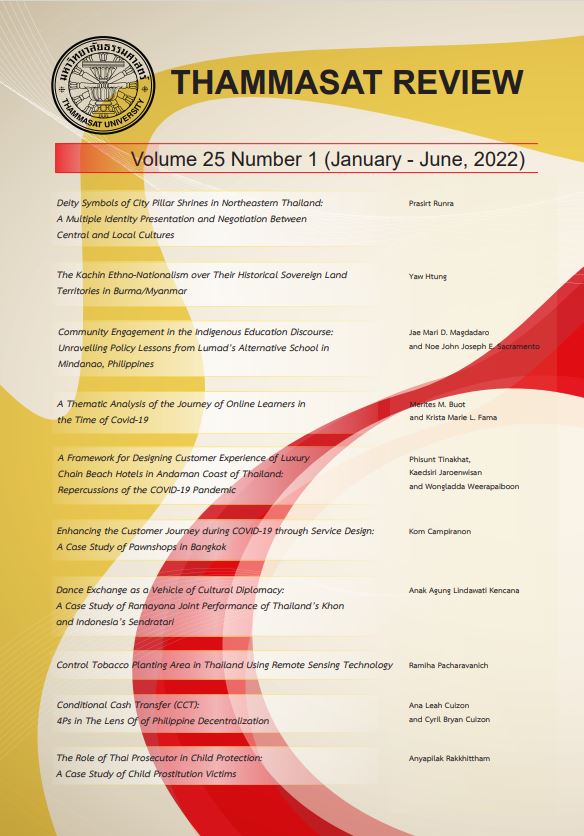Conditional Cash Transfer (CCT): 4Ps in the Lens of Philippine Decentralization
Keywords:
Pantawid Pamilyang Pilipino Program (4Ps), Conditional Cash Transfer (CCT), DecentralizationAbstract
In keeping with its goal to combat poverty, the conditional cash transfer (CCT) program, known locally as the Pantawid Pamilyang Pilipino Program (4Ps) provides conditional cash grants to the poorest of the poor. While there had been several initiatives aimed at evaluating the effectiveness and impact of the CCT program, not one has zeroed in on which political set-up the CCT is best compatible with. This study examined how the decentralized political set-up of the Philippines affects the 4Ps in the achievement of its goal as a development initiative. The study utilized a qualitative descriptive survey, the multiple stakeholder perspective approach, and Stakeholder Theory. The Number of Pantawid Pamilya Households by Region, Province, Municipality, Set of the Department of Social Welfare and Development (DSWD) Data as of April 20, 2014 was utilized for the determination of the research locale and the research respondents. As revealed, the different phases of the 4Ps as a poverty alleviation program, namely: detailed local knowledge, design and implementation of transfer, and the targeting of poverty-reducing public investment reflect the dynamic roles of both the national government and the LGU in the process.
Downloads
Published
How to Cite
Issue
Section
License
Copyright (c) 2022 Thammasat Review

This work is licensed under a Creative Commons Attribution-NonCommercial-NoDerivatives 4.0 International License.
The opinions and ideas expressed in all submissions published in Thammasat Review are solely that of the author(s) and do not necessarily reflect that of the editors or the editorial board.
The copyright of all articles including all written content and illustrations belong to Thammasat Review. Any individuals or organisation wishing to publish, reproduce and distribute a particular manuscript must seek permission from the journal first.








